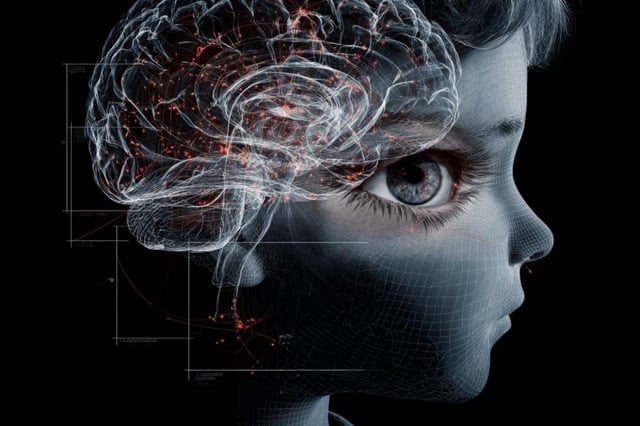Overview
- Researchers at the University of Turku led by Birgitta Paranko and Lauri Nummenmaa tested tweens aged 11–14 and adults viewing first-person bullying versus positive social interactions.
- Bullying footage increased activity in social and emotional brain networks, and autonomic arousal rose within seconds.
- Independent eye-tracking and pupil-size data in a separate adult group confirmed heightened attention and emotional arousal to bullying scenes.
- Participants with real-life histories of being bullied exhibited stronger neural alarm responses than those without such experiences.
- The peer-reviewed findings were published September 22, 2025 in the Journal of Neuroscience (DOI: 10.1523/JNEUROSCI.0738-25.2025), and the authors caution that persistent alarm states threaten mental and physical health.

